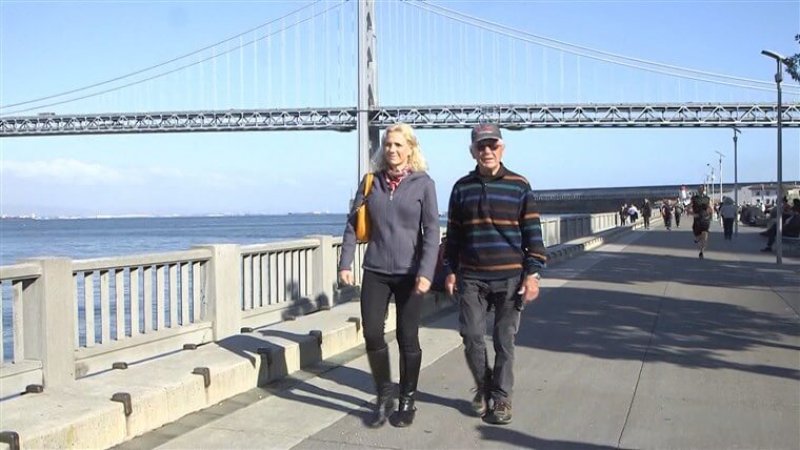In April 2012, as I prepared to undergo a double mastectomy, it was [my grandma] Gertrud’s face that flashed before me. I’d just endured weeks of worry, testing and decisions following an unlikely breast cancer diagnosis at the age of 48.
…
By the following summer, I was back in control—past the diagnosis and multiple surgeries. In November 2012, we had discovered that I carried the BRCA2 gene.
…
Life had barely returned to normal when, during one of our weekly calls, my father mentioned that he was having a bit of stomach trouble. Healthy all his life and with no reason to worry about what seemed to be indigestion, he did not think much of it.
…
But I did not think of ulcers or constipation. My mind went directly to pancreatic cancer.
…
For someone with a BRCA2 mutation, the risk for pancreatic cancer is up to 10 times higher than for those without the mutation.
…
Knowing that Papa was a BRCA2 carrier drastically raised my concern that this could be pancreatic cancer, but in 2013, at the time of his diagnosis, there were no recommendations to regularly screen someone with a BRCA2 mutation for pancreatic cancer. My own circumstances and my knowledge of the mutation were undoubtedly part of what saved him.
[This essay is adapted from Dr Pamela Munster’s new book, “Twisting Fate: My Journey with BRCA—From Breast Cancer Doctor to Patient, and Back,” published by The Experiment. She is a professor of medicine at the University of California, San Francisco.]
Editor’s note: Full article is behind paywall
Read full, original post: My Father’s Fight Against the Breast-Cancer Gene































